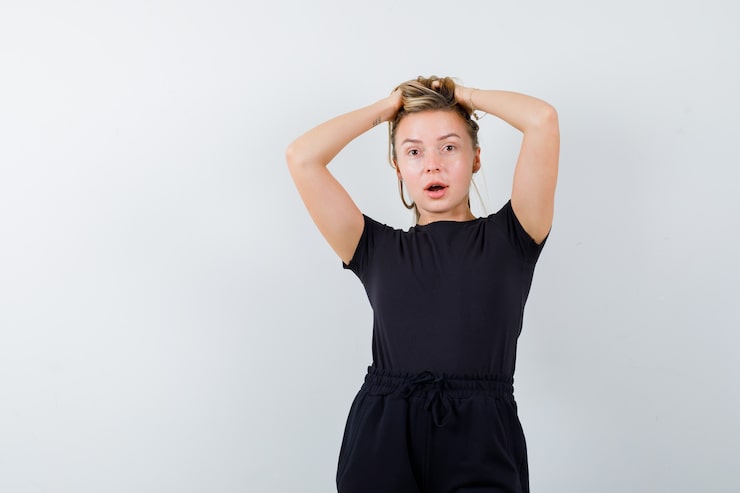Many people worry that pre-workout supplements cause hair loss, but the current research doesn’t show a direct link. Let’s clear up the confusion and look at what really affects your hair.
Hair loss usually comes down to genetics, a hormone called DHT, and lifestyle factors. If relatives have experienced hair loss, you’re more likely to see it too. DHT can shrink hair follicles over time, which leads to thinning. On top of that, stress, poor diet, some illnesses, and certain medications can all contribute. Conditions like nutritional deficiencies, hormonal imbalances (for example, PCOS), infections, and autoimmune problems can also cause hair loss.

Some people suspect ingredients in pre-workouts — like caffeine or creatine — might affect hair indirectly by changing hormones or stressing the body. But it’s not as simple as drinking a pre-workout and suddenly losing hair. The evidence doesn’t show a clear cause-and-effect.
Most pre-workouts contain a mix of ingredients meant to boost performance. Here’s a look at the main ones and what they mean for hair:
– Caffeine: This is common for improving focus and energy. Some studies even suggest caffeine can counteract DHT and might help hair growth. But too much caffeine can raise cortisol, the body’s stress hormone, and high cortisol may harm hair over time. So moderation is key.
– Creatine: Popular for strength and endurance, creatine isn’t convincingly linked to hormonal changes that cause hair thinning. The concerns around creatine and hair loss seem overstated.
– B-vitamins (like biotin and B12): Deficiencies in these vitamins can lead to hair problems, so they help when you’re low. But taking large extra doses won’t give you miracle hair growth. They’re mainly included for energy support.
– Nitric oxide precursors (arginine, citrulline): These improve blood flow, which could help scalp circulation and nutrient delivery. They’re added for performance benefits rather than as a hair treatment.
– Beta-alanine: This helps delay muscle fatigue by increasing carnosine in muscles. There’s no direct evidence it affects hair; it’s in pre-workouts for performance.
– Amino acids and BCAAs: These support muscle repair and overall health. While they don’t directly boost hair, good nutrition supports healthy hair growth.
– Plant extracts (green tea, beetroot): Antioxidant-rich ingredients like green tea (catechins) and beetroot (nitrates) may help reduce DHT or improve blood flow. They’re not added for hair health specifically, but their general benefits could help.
Overall, common pre-workout ingredients are generally neutral or even potentially helpful for hair, but caffeine deserves caution because of its effect on stress hormones when overused.
To protect your hair, focus on overall health:
– Manage stress: Chronic stress can lead to hair shedding. Find stress-reduction habits that work for you—exercise, meditation, hobbies.
– Eat well: A balanced diet with enough protein, vitamins, and minerals gives your hair what it needs. Include fruits, vegetables, lean proteins, and nuts.
– Stay hydrated: Drinking enough water helps keep hair strong and healthy.
– Sleep enough: Rest supports your body’s repair systems, which includes hair health.
If you’d rather avoid pre-workouts, there are natural alternatives:
– Energy foods: Bananas, oats, and peanut butter give steady energy before a workout without a caffeine spike.
– Hydration options: Coconut water or green tea can hydrate and provide a mild energy lift without relying on heavy stimulants.
– Rest and recovery: Good sleep and planned recovery days can improve performance as much as supplements.
– Natural supplements: Magnesium, vitamin B12, and iron can support muscle function, energy, and oxygen transport, helping performance and recovery without typical pre-workout formulas.
If you notice more hair shedding than usual or patches of thinning—especially if it happens quickly or at a young age—see a doctor. A clinician can help find the cause, whether it’s nutrition, stress, genetics, or another issue. Early diagnosis gives you more treatment options.
In short: there’s no strong evidence that pre-workout supplements directly cause hair loss. Use caffeine in moderation, keep a healthy lifestyle, and consult a doctor if you’re worried. Taking care of your overall health is the best way to support both your workouts and your hair.